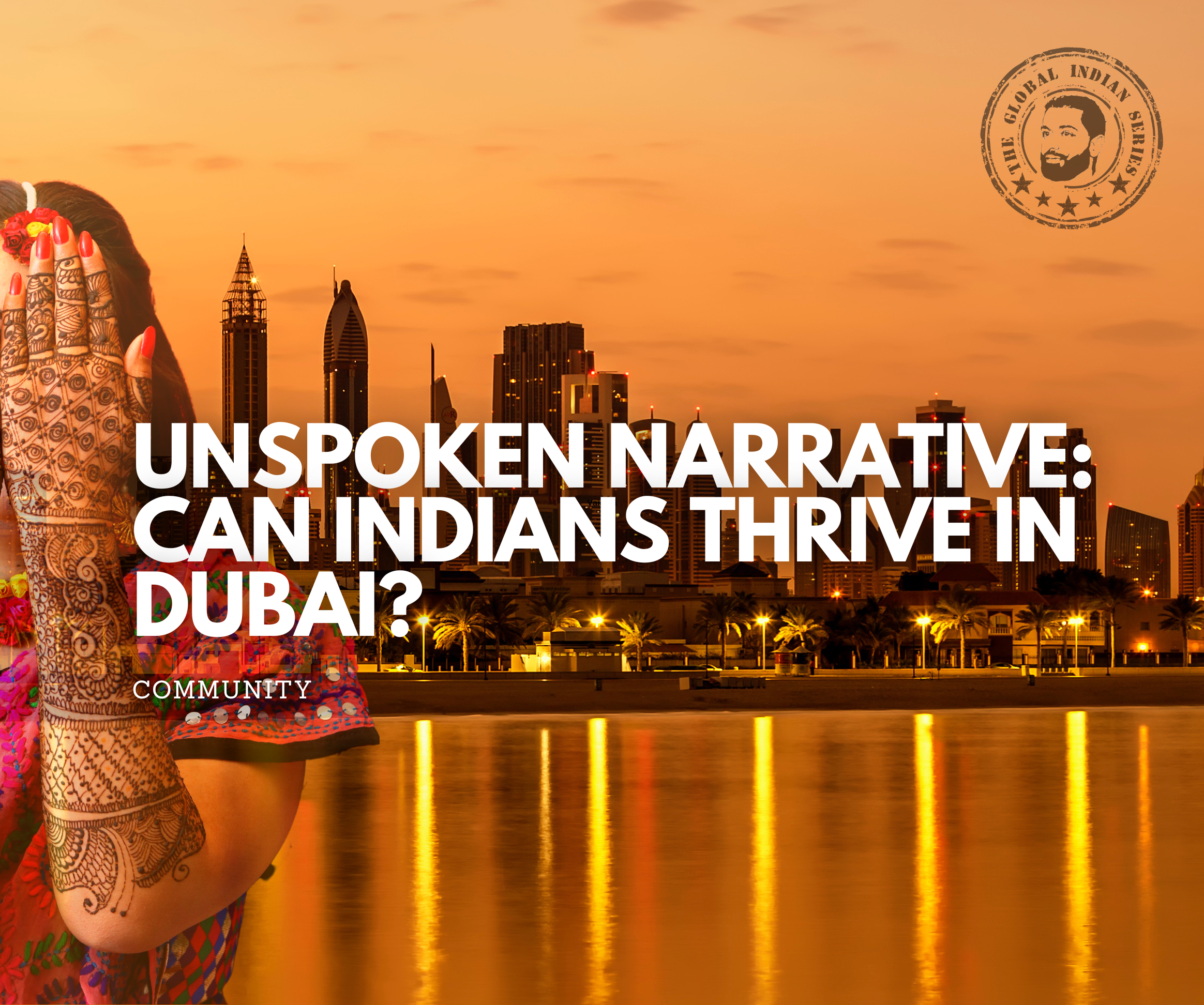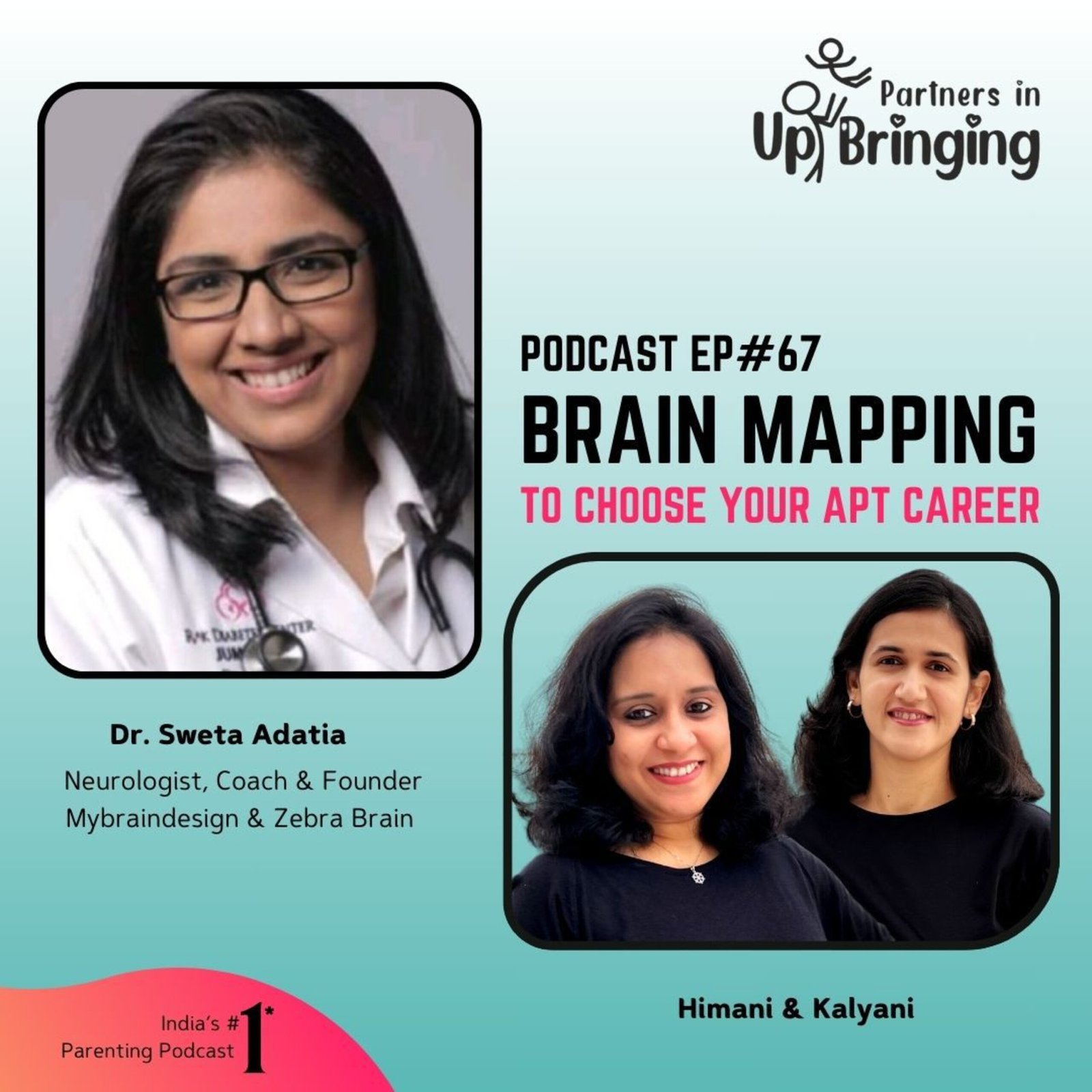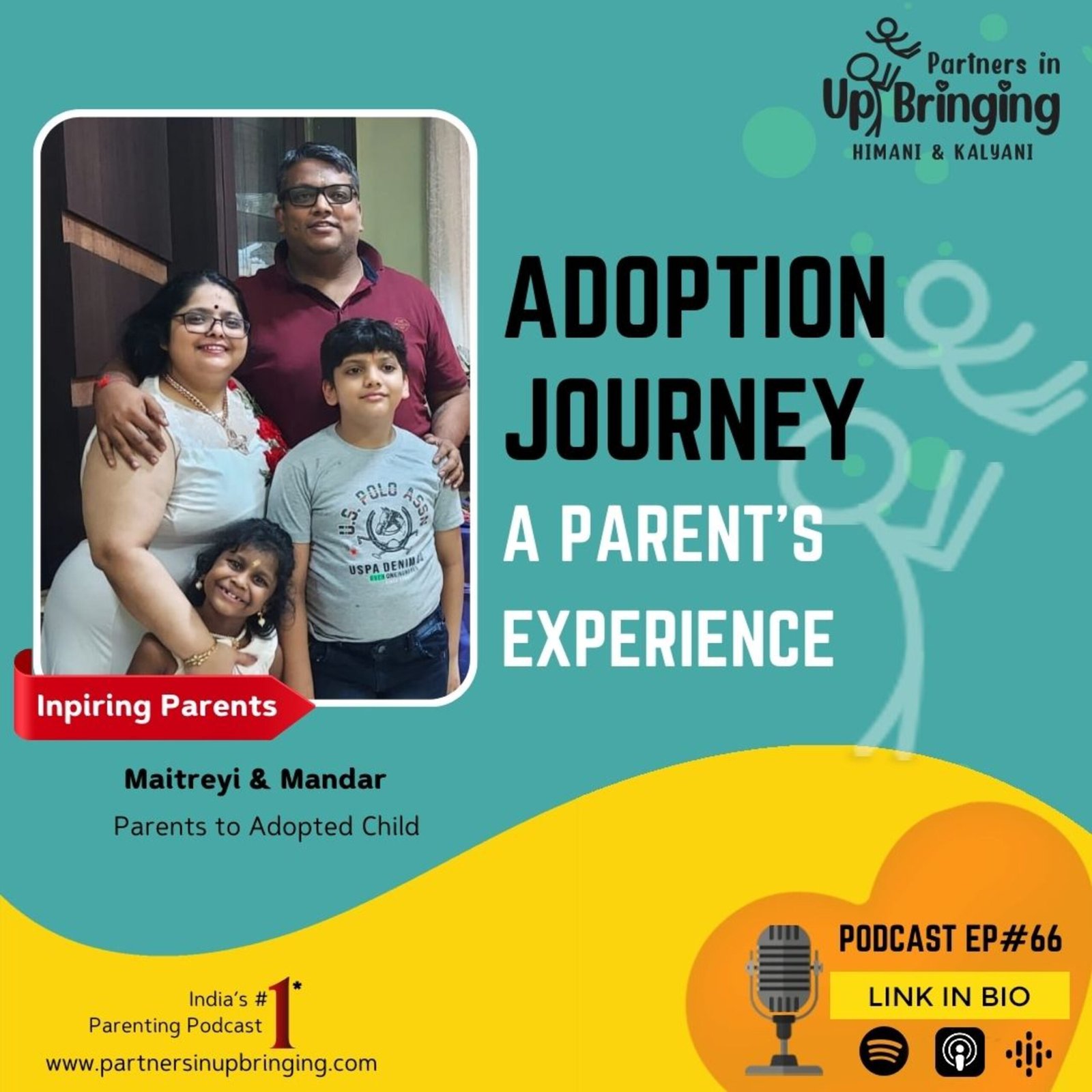Unspoken narrative: Can Indians thrive in Dubai? — Sudha Chandran recounts an inspiring story of Indian immigrants moving out of a limited opportunities space to that of leadership positions in the expanding social and corporate world of the UAE
I first set foot on foreign soil as a young bride flying into the United Arab Emirates (UAE) to meet with my husband, four months after my wedding. It was late evening on November 4, 1983. I gazed down from my window seat trying to get a glimpse of the country that was to be my future home and was met with almost pitch darkness broken by scattered pockets of light; a huge contrast to the bright carpet of city lights that had bid me farewell when the flight had taken off from Mumbai (then Bombay). Of course, it is a different story today, and the lights of cities like Dubai and Abu Dhabi often outshine their Indian counterparts.
I was apprehensive. Not much was known about the UAE in the 1980s, and most Indians thought it was a desert land that employed hordes of unskilled labour from the sub-continent. Every Keralite home had at least one member who was in the ‘Gulf’. Stepping out of the airport revealed another story.
The UAE was modern and fast-paced even in the 1980s. With wide, landscaped roads, huge skyscrapers and continuous development in every aspect of town planning, infrastructure and design, Abu Dhabi and Dubai were on track to become world-class cities and attracted expatriates from various countries. As someone who had witnessed first-hand the corruption, lack of development and governmental apathy in India, I could not help admiring the far-sighted vision of the UAE rulers and their dedication to put their country on the world map.
But there was a dark underside to this development. I soon realised that life was more equal for some than for others. Indians were often at the receiving end of condescension in the 1980s and 1990s, and we struggled to make our presence felt in the professional arena. Indian entrepreneurs who established businesses in the 1960s and 1970s will of course have a different story to tell.
In the early years in the UAE, business leaders subscribed wholeheartedly to the existing British systems and norms, and adverts for senior corporate jobs often required applicants to have a UK/US education. Middle management was probably the highest one could reach in a corporate hierarchy then, as senior positions were often offered only to white expatriates or aspiring young UAE nationals. It is important to remember here that even today, with only 11 percent of the UAE population comprising nationals, the UAE government is rightly protective of the rights and future careers of its own citizens.
My M Phil degree in English literature from an Indian university then turned out to be a double whammy for me as (contrary to popular belief about Indians), I did not even have special expertise in mathematics or the sciences!
Higher education centres for expatriates were almost non-existent in those days, and youngsters would journey abroad for university education. School teaching then seemed the best option. I remember being interviewed for a senior English teacher’s job in an international school in Abu Dhabi. The board clearly did not know how to respond to this presumptuous, dark-skinned Indian woman, dressed in a saree
and sporting a bindi! How could she be entrusted to teach English to Western and Arab students? The HR manager was gentle but honest in her rejection: “Your qualifications and knowledge are very impressive. I wish I could hire you. Unfortunately, the management and our students’ parents will not accept a non white senior English teacher.” It was 1984.
Perhaps our own mental make-up was the most unfortunate aspect of the Indian professional’s situation in the early years. We carried an inherent sense of our own inefficiencies, blindly accepted the West’s superiority, and were almost apologetic about being Indian. We were also ready to sell our qualifications cheap and accept jobs for far lower salaries than other nationalities.
Indians in the UAE have travelled a long way from self-effacing apology to becoming comfortable with our own identities, and we have arrived in the past two decades. Driven by its global success in IT and finance, and the resultant improved working conditions in India, professional Indians now claim respect and higher pay packages with confidence. The UAE’s corporate sector is now filled with qualified Indians at all senior levels. The corporate arch too has flattened considerably, and qualifications, expertise and experience play a more significant role as compared to nationality.
Interestingly, it was my expertise in the English language that became my ticket to professional growth. In 1997, I began writing features for a current affairs magazine. The then fledgling public relations industry in the UAE was on the lookout for decent writers, and several PR agencies offered well-paying jobs. Today—post-retirement from a lucrative 17-year career in public relations—I teach strategic communications as an adjunct lecturer at a well-known Australian university in Dubai.
Outside of work, life in the UAE has always been an extraordinary mixture of the comforts of being in a developed country and the pull of the home country, just a stone’s throw away. During almost four decades in the UAE—barring one instance—there has never been a major power outage; nor have the taps run dry. Work at the government level is speedy, efficient and solution-oriented. It is a joy to watch the UAE continuously adopting and implementing efficient systems that make daily life easier for residents. People of all nationalities meticulously follow the rules without a murmur. One often wonders why India— with its humongous infrastructure and educated workforce—cannot do the same.
The UAE maintains proudly that it is home to about 150 nationalities that live and work together. Up until the early 2000s, there was a huge caveat to this statement as social mixing of the various cultures was minimal. Most nationalities interacted with their own kind outside work, and social outings and friendships largely remained within the community. This has changed considerably in recent years and in fact, it is the youth who have shown the path to greater integration. With the establishment of UAE-based branches of foreign universities, young people of all nationalities are encouraged to continue their higher education here, instead of travelling abroad. This has resulted in greater intermingling
of nationalities and freer communication among communities.
Wearing Indian clothes in public life has also become more acceptable, particularly for women. Thanks to the influence of Bollywood films and public exhibitions by famous Indian designers, many Arab and Western expatriates not only opt to get Indian clothes tailored but also wear them to work with fashionable ease. A European colleague at my university describes her customary outfit of jeans and ethnic design kurta as “extremely comfortable”.
It is often humorously remarked that you can take an Indian out of India; you can never take India out of an Indian! Where would we be without our festivals and cultural programmes! Indian classical and pop music concerts, Bollywood gigs and Indian regional language shows have always been part of the UAE’s cultural scene, while institutions that teach Carnatic or Hindustani music, Bharatanatyam and other dances keep our children linked to the motherland.
While celebrating festivals like Diwali and Onam, the social, cultural and religious divisions that were clearly apparent in the early years have faded considerably. Dressed in glitzy Indian wear, Arabs, Europeans, Hindus and Muslims can be seen celebrating Diwali together with dazzling firecrackers that reverberate through the night. The police patrols, deployed across the city to ensure security and safety, stand back and watch indulgently, ready to restrain over-enthusiastic revellers and prevent mishaps. Eid and Christmas too receive the same kind of attention.
It is important to remember that Indians in the UAE are only expatriates—not citizens. The UAE does not offer permanent residency or nationality to foreigners, unless they are able to fulfil certain stringent conditions and prove their value to the state. Accordingly, Indians too have often treated this country like a temporary stop, and rarely tried to assimilate its culture and heritage. It is only in recent years that Indians have begun to invest extensively in the UAE and view it as a possible permanent home. And that perhaps has made all the difference.
Media house: PRAVASI INDIANS
Link to original article: https://pravasindians.com/from-apathy-to-acceptance/
Notes: apart from title change, the article has remained the same.
-------------------------------










